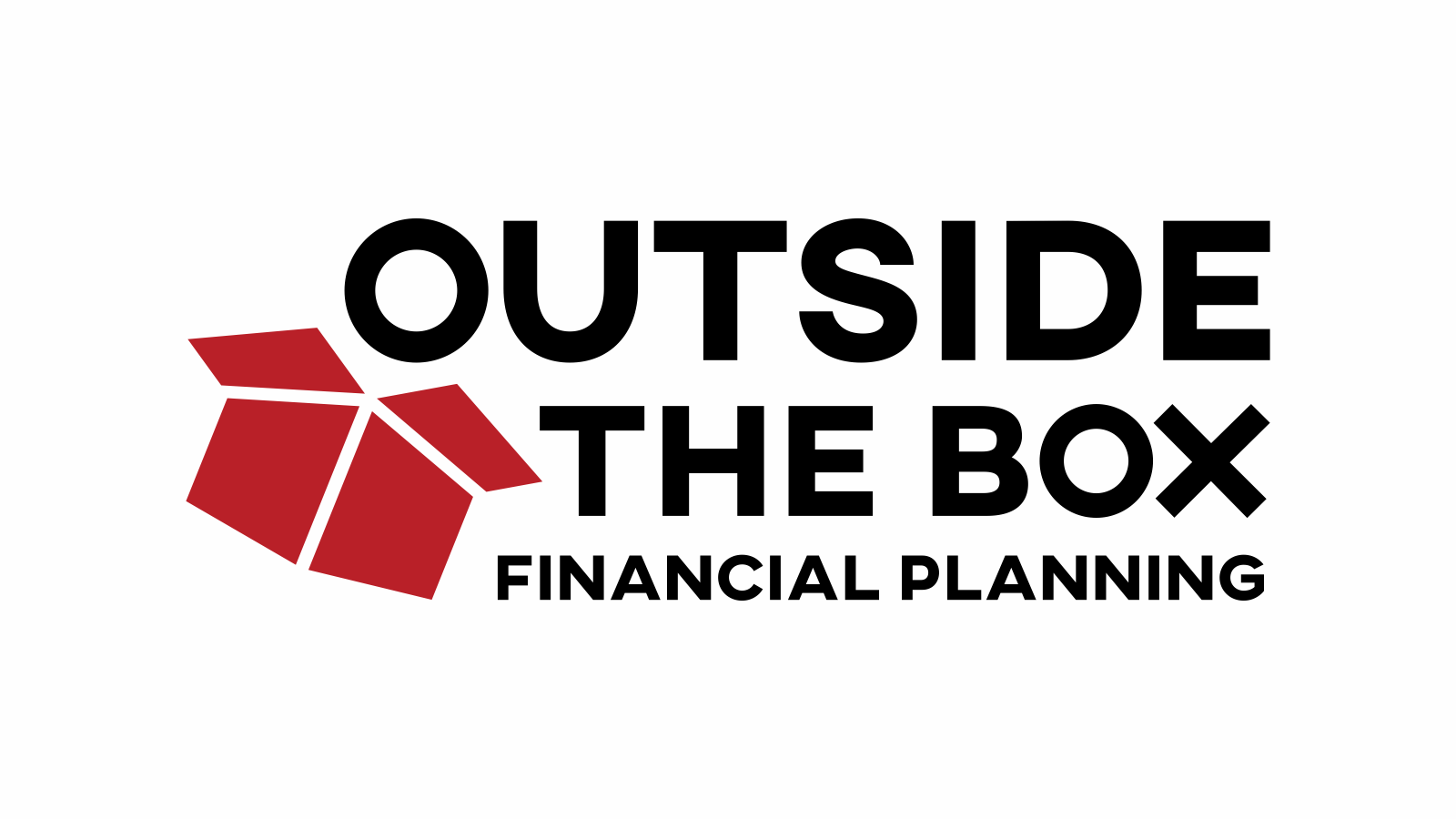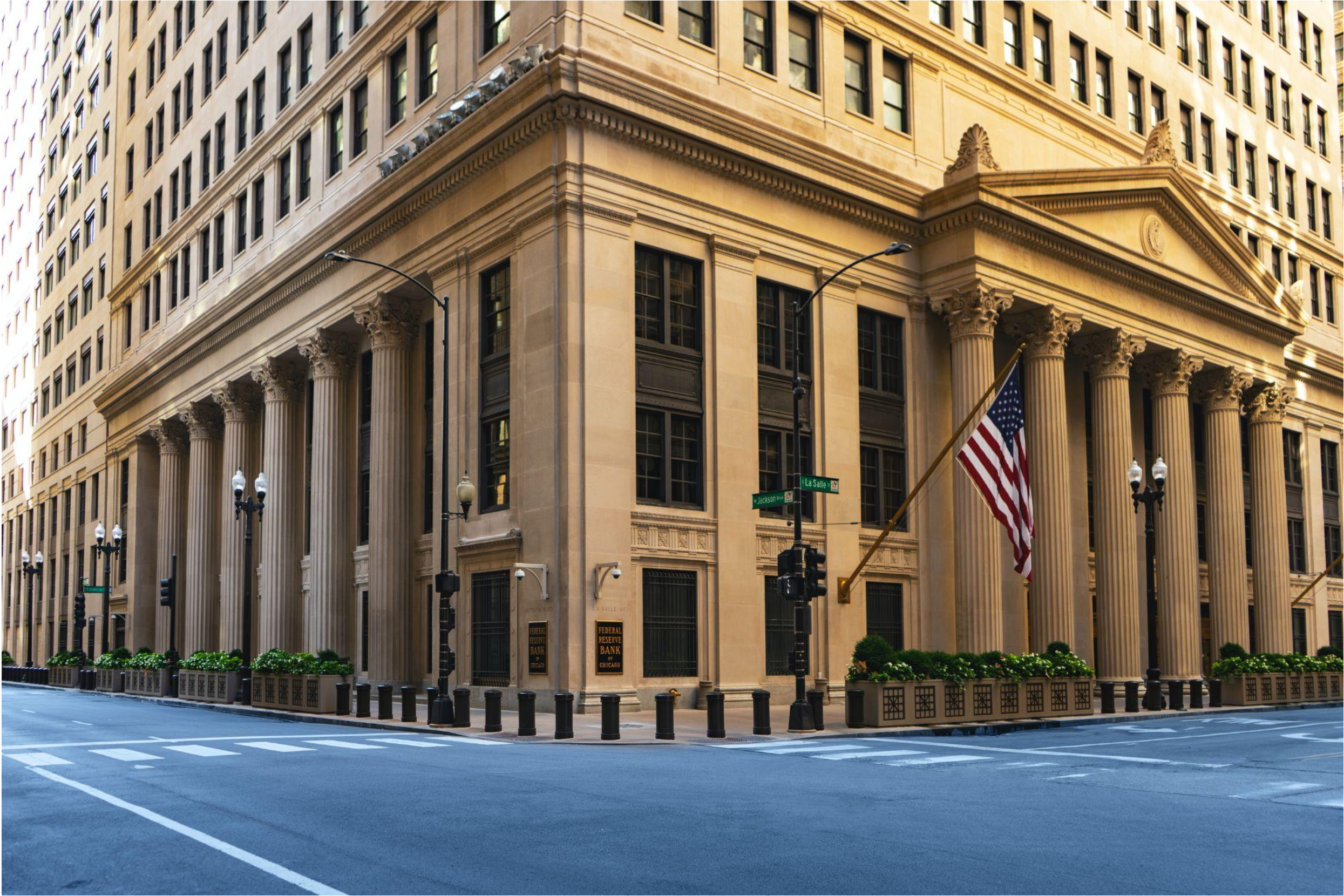A Tighter Monetary Policy: Why Did the Federal Reserve Increase Interest Rates?
If you've been reading or watching the news lately, you know a lot is happening in the financial world.
You've heard about changes in interest rates, rising inflation, and the potential of a looming recession.
If the headlines have caused you some anxiety, you’re not alone. We've all been through a lot, financially and personally, over the last couple of years. You may feel like any sense of certainty has gone out the window.
But we're here to reassure you. The best course of action during times of uncertainty is to stick to the financial plan you and your financial advisor have developed. Markets and circumstances will shift and change, but a well-developed financial plan will help you weather the storms. And if you haven’t crafted a financial plan yet, perhaps now is the time.
Read on to find answers to your latest financial questions.
What’s Happening in the Financial News?
Let's start by diving into what's happening in the financial news. In 2022, and in the last couple of years, the news has been full of dramatic headlines and financial uncertainty. But what is all this talk about the Federal Reserve raising interest rates and a tighter monetary policy? To understand, it's important to know what's been going on with inflation.
Inflation has been accelerating
In June of 2022, inflation rates jumped to 8.5%, the highest they've been since the 1980s. For some context, the Fed tries to maintain inflation at a rate of 2% over the long run.
Lately, you’ve likely experienced inflation at the gas pump or grocery store. You’re paying a lot more for these necessities than you were a year ago.
So, what is inflation? Inflation is a decrease in money's purchasing power, which results in higher prices for goods and services.
Part of the reason inflation has been accelerating so quickly is due to widespread supply shortages in the wake of the pandemic. When supply goes down, demand goes up.
The real effects of accelerated inflation include a higher cost of living. We're paying more for gas, groceries, and rent than we were a year ago — roughly 8.5% more across the board.
In response to rising inflation, the Federal Reserve increased interest rates
What, if anything, can be done to combat rising inflation? That's where the Federal Reserve comes in.
The Federal Open Market Committee (FOMC) makes decisions about open market operations on behalf of the Federal Reserve. Their main goals are to keep employment up, stabilize prices, and moderate long-term inflation rates. One of their main jobs is to control the supply of money in the US economy, which influences inflation rates.
When inflation is high, the FOMC tends to raise interest rates, which increases the cost of borrowing. The idea is to make borrowing less appealing, reducing the amount of money in circulation. This slows demand and therefore lowers prices.
In June 2022, the FOMC voted to raise interest rates by 0.75%, or 75 basis points. And in July, the FOMC raised interest rates by another 75 basis points, for a total of 150 basis points so far this year.
This interest rate, also known as the Federal Funds Rate, is an important indicator of the economy. It's the rate at which banks charge each other to lend Fed funds overnight. It directly impacts consumer interest rates on mortgages, auto loans, and credit cards.
This is all part of a tighter monetary policy
Along with rising inflation and higher interest rates, you've probably been hearing the term “tighter monetary policy” being tossed around in the financial news.
A tighter monetary policy aims to slow down an “overheated” economy. An overheated economy is one experiencing high levels of inflation following a period of economic growth.
One way to cool an overheated economy is to slow inflation by raising interest rates. This makes borrowing less attractive — and more expensive. The result is a smaller amount of money circulating through the economy.
Increasing the reserve requirement, the amount of money banks are required to have on hand, is another way of taking money out of circulation and increasing the cost of borrowing.
On the other hand, a tighter monetary policy makes saving more attractive. This is because higher interest rates on savings accounts work in a savings account holder's favor.
There’s talk of a recession
So, why all the fear in the news?
In response to the tighter monetary policy, stocks have been dropping, and there's a fear of a looming recession. Interest rates will likely continue to rise, making it more expensive for those applying for a mortgage, paying off debt, or getting a car loan.
There are a few signs — like the fact that the economy shrank in early 2022, turbulence regarding political disruptions and the ongoing pandemic, and increased interest rates, that indicate the potential for a recession. But that doesn’t mean you should make any drastic decisions.
How You Should Respond to The Financial News
A lot of this news sounds scary. After living through 2008, the fear of a recession is real. But that doesn't mean you should panic. The truth is, no one knows exactly what's next. The economy is cyclical, and ebbs and flows are normal. The worst thing you can do is make knee-jerk reactions in response to what you hear in the news.
So, what should you do?
In general, less is more. If you've been working with a trusted financial advisor to balance a well-diversified portfolio as you approach retirement, you're on the right track. It's times like these when you have to sit tight and weather the storm.
If you’re managing your money without a professional’s perspective, this might be the time to get some trusted advice. If you’re feeling anxious or uncertain, a financial planner is a great person to consult.
Finally, you can make sure your emergency savings account is fully funded. As we mentioned earlier, one upside of higher interest rates is that your savings account benefits.
Make sure your emergency savings are fully funded so you can be prepared in case of tough times. This means if something does happen and you need extra cash, you won’t have to dig into your hard-earned retirement funds.
Work With a Financial Planner to Prepare For the Future
At Outside the Box Financial Planning, we take a personal approach to financial planning. When the financial news is unsettling, it can be tough to make level-headed decisions. Instead, you might be tempted to act on impulse.
The best thing you can do is have a trusted financial planner in your corner — one who’s ready to help you through whatever happens. We do more than manage your assets. We ease your concerns so you can feel financially secure and prepared.
To see if we can help you feel more secure in your financial future, click here to schedule a conversation today.
Partnering with Outside The Box Financial Planning offers numerous benefits for individuals seeking retirement planning, small business support, wealth management, and beyond. With their fiduciary duty, comprehensive approach, unbiased advice, transparent fee structure, and ongoing support, OTBFP act as a trusted advisor who prioritizes your best interests. Click here to schedule a complimentary “Fit” meeting to determine if we would make a good mutual fit.
Remember, financial decisions have long-lasting implications, and working with a professional can provide the expertise and guidance necessary to make informed choices that align with your financial aspirations.
However, if you would like to take a shot at building a financial plan on your own, we offer our financial planning software, RightCapital, free of charge. Click here to get started.

